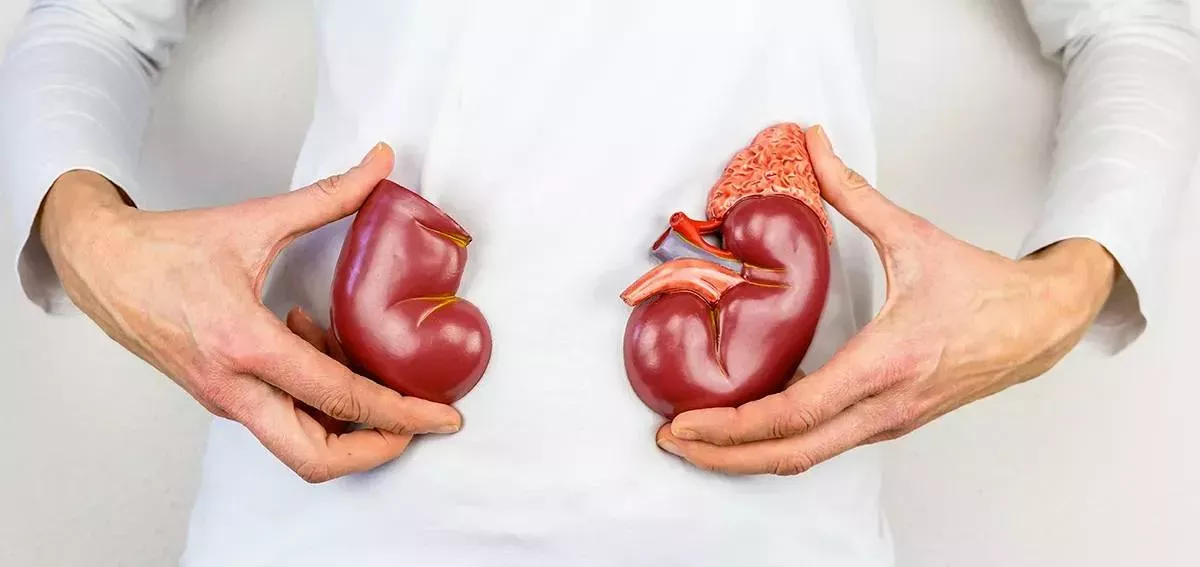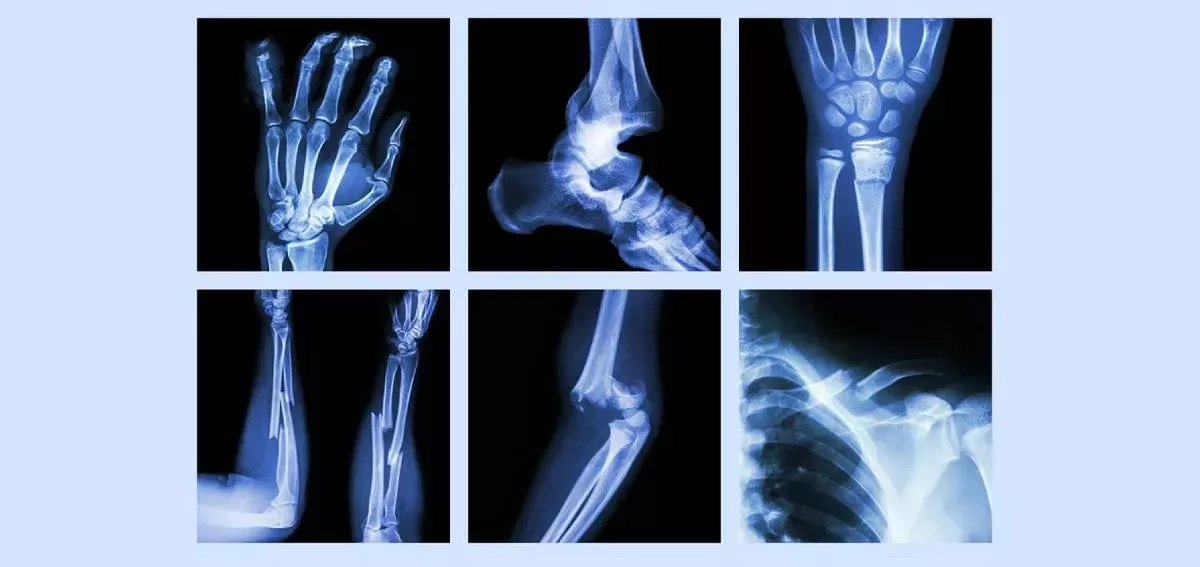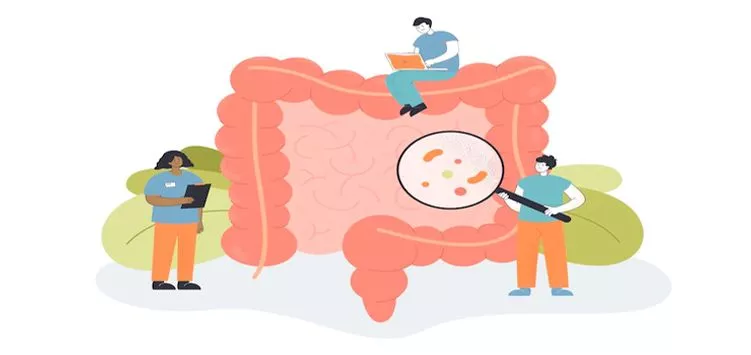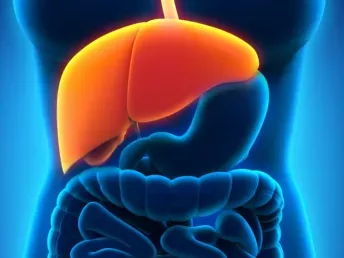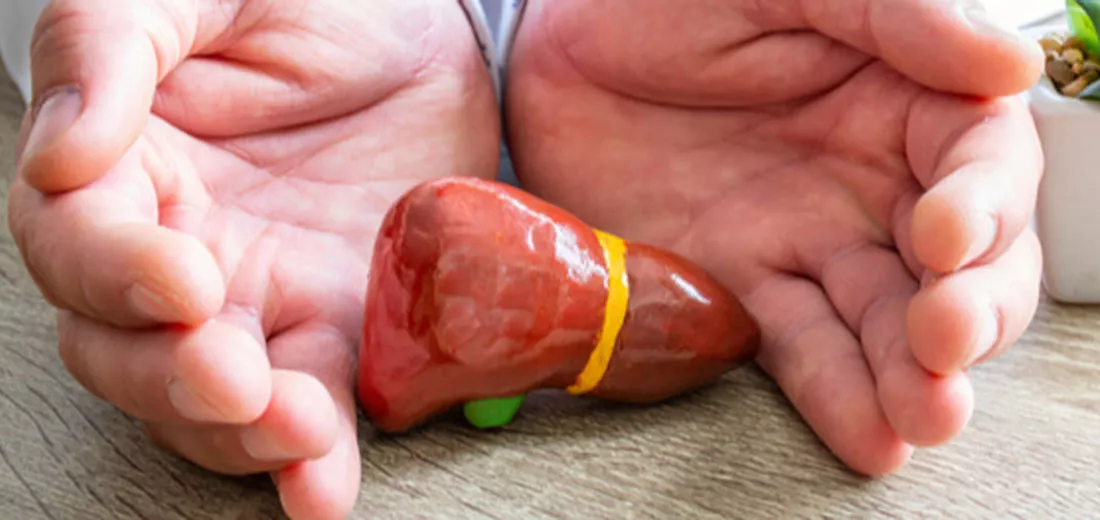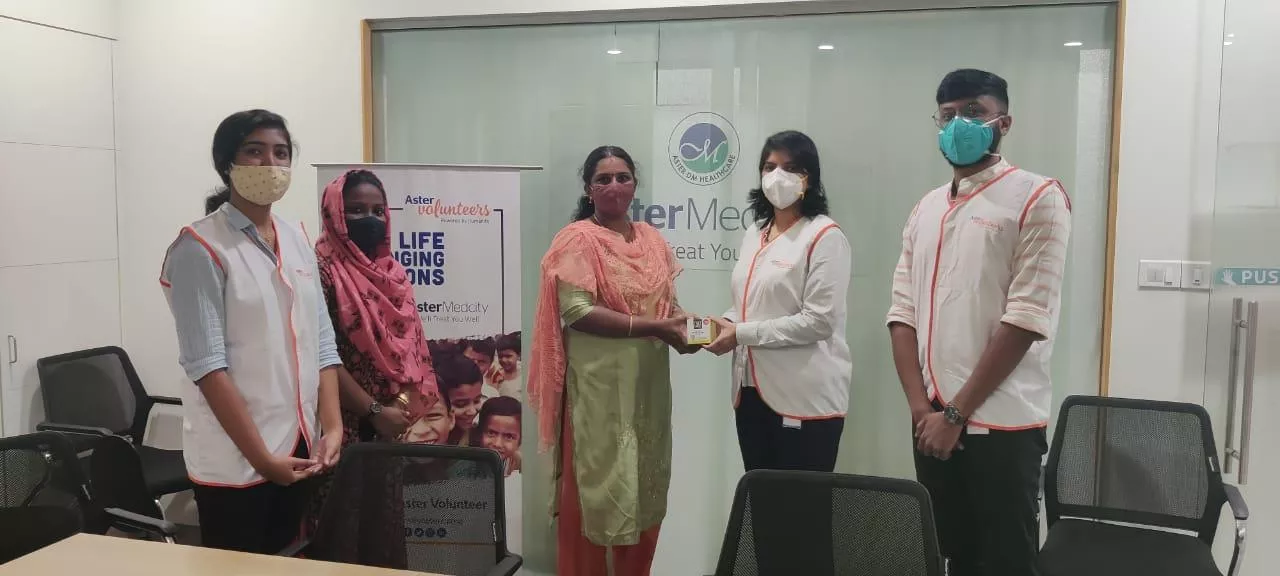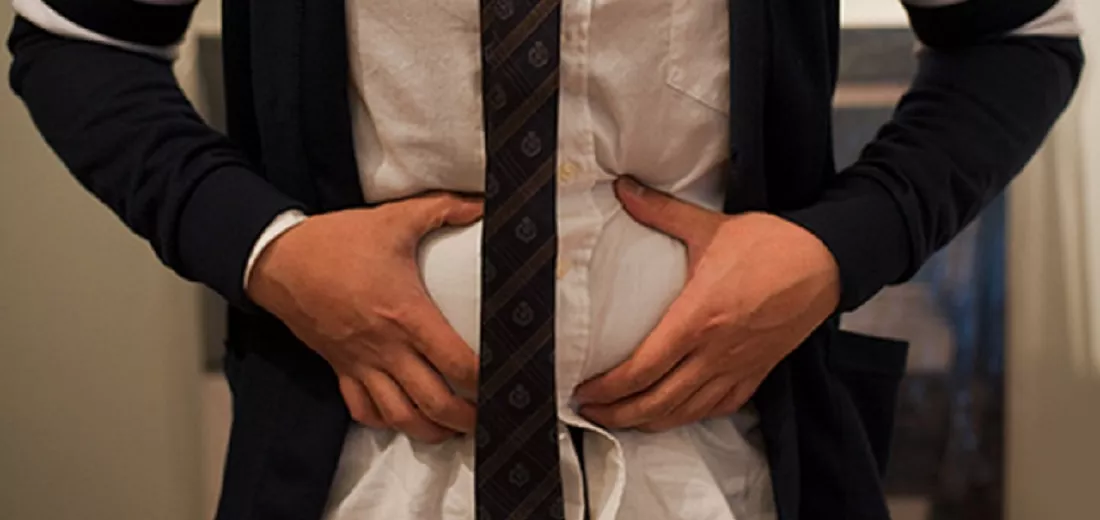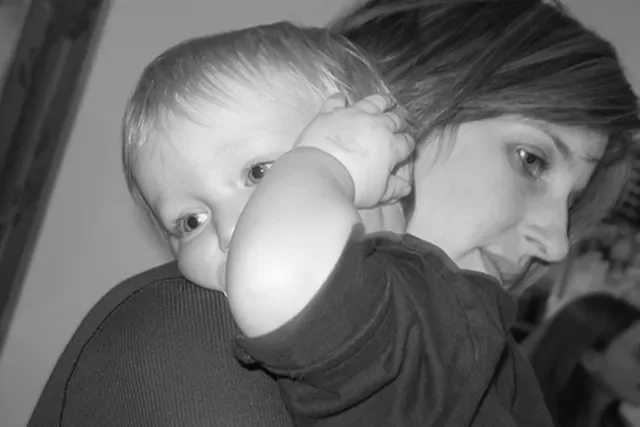Tonsillitis can be caused by a bacterial or viral infection. A cold is the most common cause of tonsillitis in adults and children. Antibiotics are generally prescribed if tonsillitis is developed due to bacterial infection. It can alleviate symptoms and avoid complications, but not for tonsillitis caused by viral infections because antibiotics do not function against viruses. Tonsillitis symptoms should be managed at home, especially in certain circumstances, to relieve pain and help you feel better as soon as possible.
What are Tonsils?
The tonsils are the two oval-shaped pads of tissues located at the back of the throat. They are composed of tissues similar to lymph nodes and are a part of the immune system. They act as a part of the body’s defense mechanism, trapping germs that could enter the airways and cause infection. This function makes the tonsils vulnerable to infections and inflammations. It also functions to produce antibodies to help fight infection. However, bacteria or viruses can sometimes overpower them resulting in swollen and inflamed tonsils. Tonsillitis is a frequent ailment, particularly in children and rare in adults because the tonsil's immune system function declines after puberty.
Recurrent or chronic tonsillitis can lead to complications such as difficulty breathing. It might occur frequently in a short period. Classification of tonsillitis is based on the location and severity: Palantine Tonsils (located on the posterior and lateral wall of the oropharynx), Pharyngeal Tonsils(located at the posterior wall of the nasopharynx), Lingual Tonsils (present at the base of the tongue).
Based on the duration and frequency, tonsillitis is classified into three types:
Acute: Some of the symptoms include: sensitive lymph nodes, sore throat, and trouble swallowing which could last 3 to 4 days on average, but they can linger up to 2 weeks. Home remedies to surgical removal are all options for treatment.
Recurrent: The symptoms can last anywhere from 3 weeks to 3 months. Chronic tonsillitis is almost invariably bacterial and can linger for months if not treated. It can be identified by white or yellow coating or patches on the tonsils.
Chronic: when you have a persistent sore throat, poor breath, and enlarged lymph nodes and tonsils, you may have chronic tonsillitis. Pain medications, antibiotics, and surgery to remove the tonsils are all options for treatment.
How can tonsillitis be treated?
A mild case of tonsillitis may not require treatment it can be suppressed with the help of medicines. The surgical treatment ie, Tonsillectomy is reserved for patients who do not benefit from medical treatment or when the infection became too frequent.
Tonsillectomy: It is the surgical removal of palatine tonsils. A tonsillectomy is usually recommended only if you have chronic or recurring tonsillitis, if tonsillitis has created complications or if your symptoms have not improved.
A tonsillectomy may be beneficial if you had tonsillitis or strep throat at least 5 to 7 times in the past. According to a study, a tonsillectomy may minimize the number of throat infections in children within the first year after surgery
Antibiotics:
Antibiotics may bring down the symptoms faster. However, they raise the risk of antibiotic resistance and may cause additional side effects, such as stomach distress. Antibiotics are more important for patients who are in complications due to tonsillitis.
Your doctor is most likely to prescribe penicillin for tonsillitis caused by group A streptococcus. There are other options that you can look into if you are allergic to penicillin.
You must finish the course of antibiotic treatment prescribed. If you stop taking the medication before the problem could resolve, thinking the symptoms have reduced, the infection can get worse.
What are the home remedies to cure tonsillitis:
Tonsillitis discomfort can be relieved with various home remedies, including:
• Get plenty of sleep.
• Avoid eating ice creams
• Gargle with warm salt water, three times a day.
• Use throat lozenges if you have a sore throat.
• Stay away from cigarette smoke.
• Stay hydrated by drinking plenty of water
• To relieve pain and inflammation, take ibuprofen or acetaminophen.
For young children, throat sprays are preferable to lozenges, and always consult your doctor before providing drugs to your children. Reach out to Aster Medcity Hospital to book an appointment with the best ENT surgeon in Kochi, Kerala
FAQs:
1. What can be mistaken for tonsillitis?
Strep throat can be mistaken for tonsillitis because they have similar symptoms like fever, sore throat, headache, and fatigue.
2. Can tonsils burst?
The infection may cause the tonsils to swell and if it bursts there are chances for the infection to spread down the throat and into the lungs.
3. What do cancerous tonsils look like?
Cancerous tonsils would look like acute tonsils in the beginning stages and when it grows it becomes asymmetrical. In later stages, you will have a persistent sore throat, enlarged lymph nodes, and also develop ear pain.
4. Is white spots on tonsils always strep?
Sore throat is the common sign of strep. If you find a white spot on your tonsils it could be a sign of a contagious bacterial infection.
5. What are the complications of tonsillitis?
Some of the conditions that may provoke complications in tonsils are: Peritonsillar abscess, rheumatic fever, post-streptococcal arthritis, post-streptococcal glomerulonephritis, scarlet fever, toxic shock syndrome, ear infections, and sinusitis



